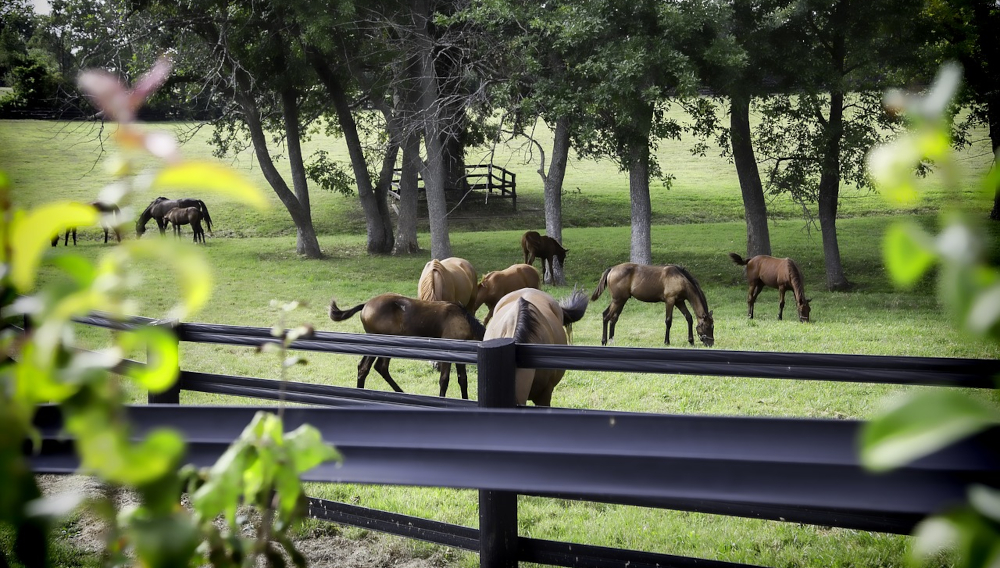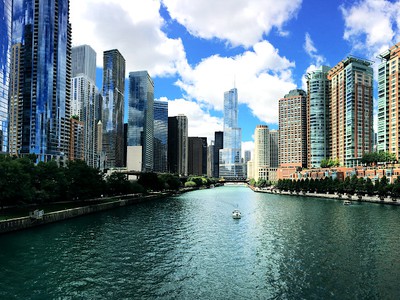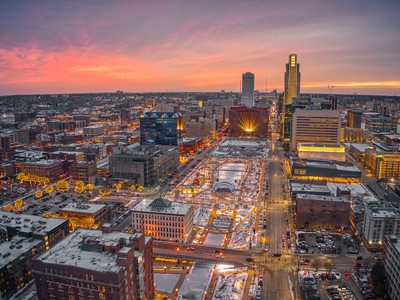I have tremendous support for both bills on the Democratic side, but the barriers for passage are still within the Republican caucus.
For the third consecutive year, lawmakers in Kentucky have introduced legislation to allow sports betting and online poker in the state. They have also introduced a bill that would take $225 million of a $300 million settlement with the parent of PokerStars and use it to create a problem gambling fund.
But time is running out to pass both bills. A House Democratic lawmaker said he is pessimistic that the GOP-controlled legislature plans to hold a vote on one of the bills — the poker/sports betting measure — before the Kentucky General Assembly adjourns next month.
Why Passage of KY iGaming Bill Has Been So Elusive
While online sports wagering has been growing in popularity and the number of US states where such betting is legal has grown, the issue is proving to be a difficult one to advance in Kentucky — a conservative state where the population appears averse to the expansion of gambling.
The GOP has supermajorities in both chambers of the Kentucky General Assembly. In the 100-member House of Representatives, Republicans have a 75-25 advantage over Democrats. The GOP has a 30-8 edge in the 38-member Senate.
The legislature only meets for 60 days in even-numbered years and 30 days in years with an odd number. This year’s session began on January 4 and continues until a 10-day period where lawmakers can try to override any vetoes by the governor. The legislature adjourns sine die on April 14.
“I have tremendous support for both bills on the Democratic side, but the barriers for passage are still within the Republican caucus,” Rep. Al Gentry (D-Louisville) told US Gaming Review on Wednesday. “More specifically, we have to get ‘majority support of the majority party’ before majority leadership will bring the bill to the floor for a vote.
“As a member of the minority party, it’s very frustrating for me to believe that majority support exists for a measure, but a floor vote is denied because the majority of the majority might not support it. But that’s the reality we currently face.”
- Welcome Bonus Bets
- Quality promotions
- Good in-play options
The Latest Attempt to Legalize Online Poker, Sports Betting
In a sign that some Republicans do favor expanded gaming, Rep. Adam Koenig (R-Erlanger) introduced HB 606 on February 28. In its original form, the bill would allow online poker and levy a $250,000 initial licensing fee on operators. The annual renewal cost for such a license would be $10,000 and a gaming fee of 6.75% of net poker revenue would be paid monthly.
For sports betting, seven horse racetracks in the state would be authorized to have one skin but would also be allowed to have up to two retail sportsbooks within a 60-mile radius of the track. The retail facility could not be adjacent to the track. Retail establishments for one track would also not be allowed within the 60-mile radius of another track unless the affected track agrees in writing to allow the competitor within its territory.
The initial licensing fee for sportsbooks would be $500,000 and annual fees would be $50,000. In HB 606’s original form, a tax rate of 9.75% on adjusted gross revenue from retail wagers and 14.25% from mobile and online wagers would be levied.
The tracks that would be authorized to launch mobile and online sports betting are:
- Churchill Downs, in Louisville
- Ellis Park, in Henderson
- Keeneland, in Lexington
- Kentucky Downs, in Franklin
- Oak Grove, in Oak Grove
- The Red Mile, in Lexington
- Turfway Park, in Florence
Five of the tracks are for thoroughbred racing while two — Oak Grove and The Red Mile— are for standardbred racing.
The 60-mile radius requirement for additional retail facilities appears to be a concession to the state’s horse racing industry. However, the rule would create several large overlaps in territory. Keeneland and The Red Mile are about five miles apart, and the state capital at Frankfort would be overlayed by four tracks. Parts of the Louisville metropolitan area would be overlayed by three.
To date, HB 606 has attracted some degree of bipartisan support. Gentry and Reps. Rachel Roberts (D-Newport) and Cherlynn Stevenson (D-Lexington) are co-sponsors of HB 606, as is Rep. Michael Meredith (R-Oakland).
Previous bills to authorize online poker and sports betting were introduced during the last two legislative sessions and drew bipartisan support, only to die in committee. HB 606 is currently before the House Committee on Committees and has not moved forward.
HB 137 was introduced during the 2020 legislative session, while HB 241 came to pass in 2021. Both had similar tax rates and fee structures, but the latter would have allowed sportsbooks to partner with a professional sports venue with at least 50,000 seats. That ostensibly would have included minor league baseball stadiums in Bowling Green, Florence, Lexington, and Louisville.
- $150 in free funds
- Great tournament schedule
- Excellent player traffic
Funding for Problem Gambling
Koenig and Gentry are also sponsors of HB 609, which in its current form calls for the creation of a five-member Kentucky Problem Gambling Assistance Board (KPGAB). The bill was introduced on February 28 and had also been referred to the Committee on Committees.
Each board member would be appointed by the governor and serve two-year terms. Of the five members, one would be a member of the Kentucky Council on Problem Gambling (KCPG), and one would have “an extensive background in the psychiatric or psychological aspects of problem gambling.” The latter would be selected from separate groups of nominees recommended by the presidents of the University of Kentucky and the University of Louisville.
The KPGAB would also administer $225 million in funding for the state’s Problem Gambling Assistance Fund. In a twist, the funds came from a $300 million settlement that Flutter, the parent of PokerStars, agreed to pay last year in order to settle an 11-year dispute over online gambling that took place in the state from 2006 to 2011.
US gaming law attorneys believe Flutter would have prevailed had the UK-based gaming giant appealed the case to the US Supreme Court.








